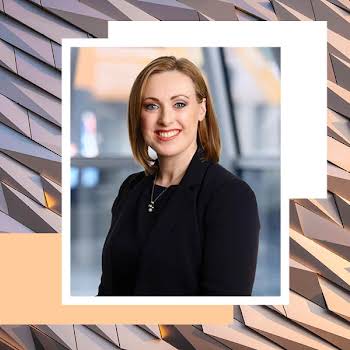
By Jeanne Sutton
24th Nov 2015
24th Nov 2015
Just when you thought the news couldn’t get more bleak, along comes a study that finds the disparity between male and female representation in the news and media is enough to make you wish time-travel was a thing so you could tell your 16-year-old self not set her hopes too high.
The study is the result of extensive research by the Global Media Monitoring Project (GMMP) and was conducted over 20 years and looked at media in 114 countries. The GMMP found that while women make up 50% of the global population, they are only 24% of the people we read about in the newspapers, head on the radio, and watch on television. These figures are the same as what a 2010 study found, suggesting that the equality of men and women’s representation in the media has ?ground to a halt?.
The emerging space of digital media has also picked up these bad habits, ?only 26 per cent of the people in Internet news stories and media news Tweets combined are women.? Meaning even our social media, something we have the power to curate, has the potential to be sexist. This is majorly disheartening, as online media is a place where women reporters tend to accumulate more work. The GMMP study found women journalists tend to report 5% more stories online (42%) ?than in the traditional mediums combined.? In newspapers, this figure remains a stagnant 37% for the past decade.
Some people might be snarky about the above findings and point to the fact that news headlines hysteria isn’t the be-all and end-all. After all, an overwhelming majority of the world leaders are male. The same with the leaders of industry. We’d like to ask those people to pipe down before they try to distract us with figures we’re not okay with.
Sarah Macharia, the GMMP global coordinator, says that the study highlights an issue we need to tackle as a society. She said the report ?finds a sexism that has endured across decades and geographical boundaries, adapting to emerging media forms and thriving in all spaces in which news content is produced and shared.? Girls around the world are growing up surrounded by media. When they only see and read about men, it sends them a skewed message of their capabilities and potential. Phumzile Mlambo-Ngcuka, the UN Under-Secretary-General and UN Women Executive Director, spoke of the duty the media owes the movement for women’s equality. This report is a wake-up call to media houses and newsrooms. Gender discrimination deprives media coverage of the balance and authority that diverse perspectives bring? The ways in which women are depicted in the media have a profound effect on societal attitudes and reinforce traditional gender roles. Women and girls are half of humanity. Giving equal time and weight to their stories, [and] featuring them as positive models not victims, plays an under-appreciated part in creating a better, freer world for all of us.?
We hope editors and reporters across the world hear her words.
In the meantime, if you’re a journalist or a producer looking for a woman to comment on a news story, check out Women on Air, an Irish group helping to right the imbalance.
Via UN Women?























